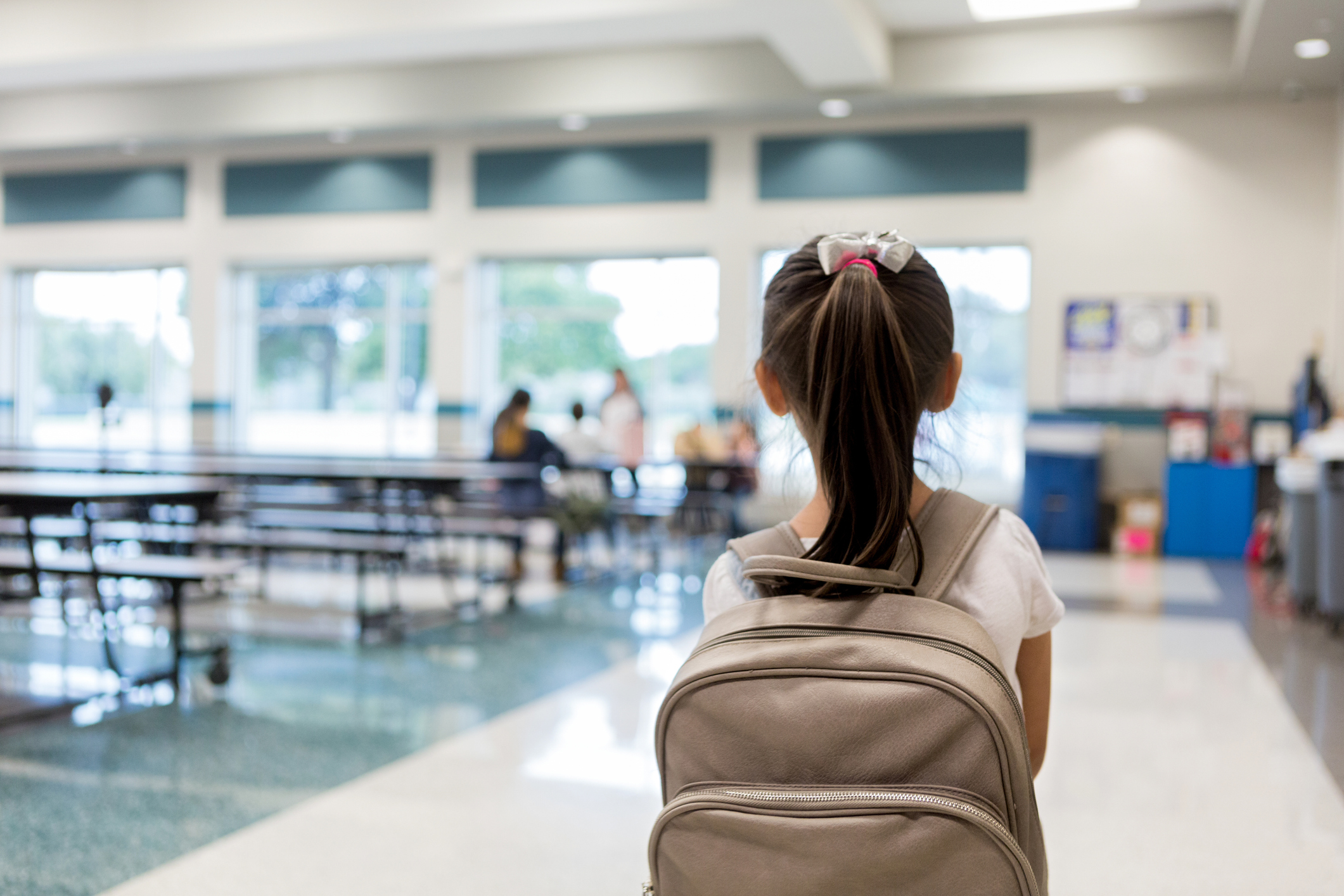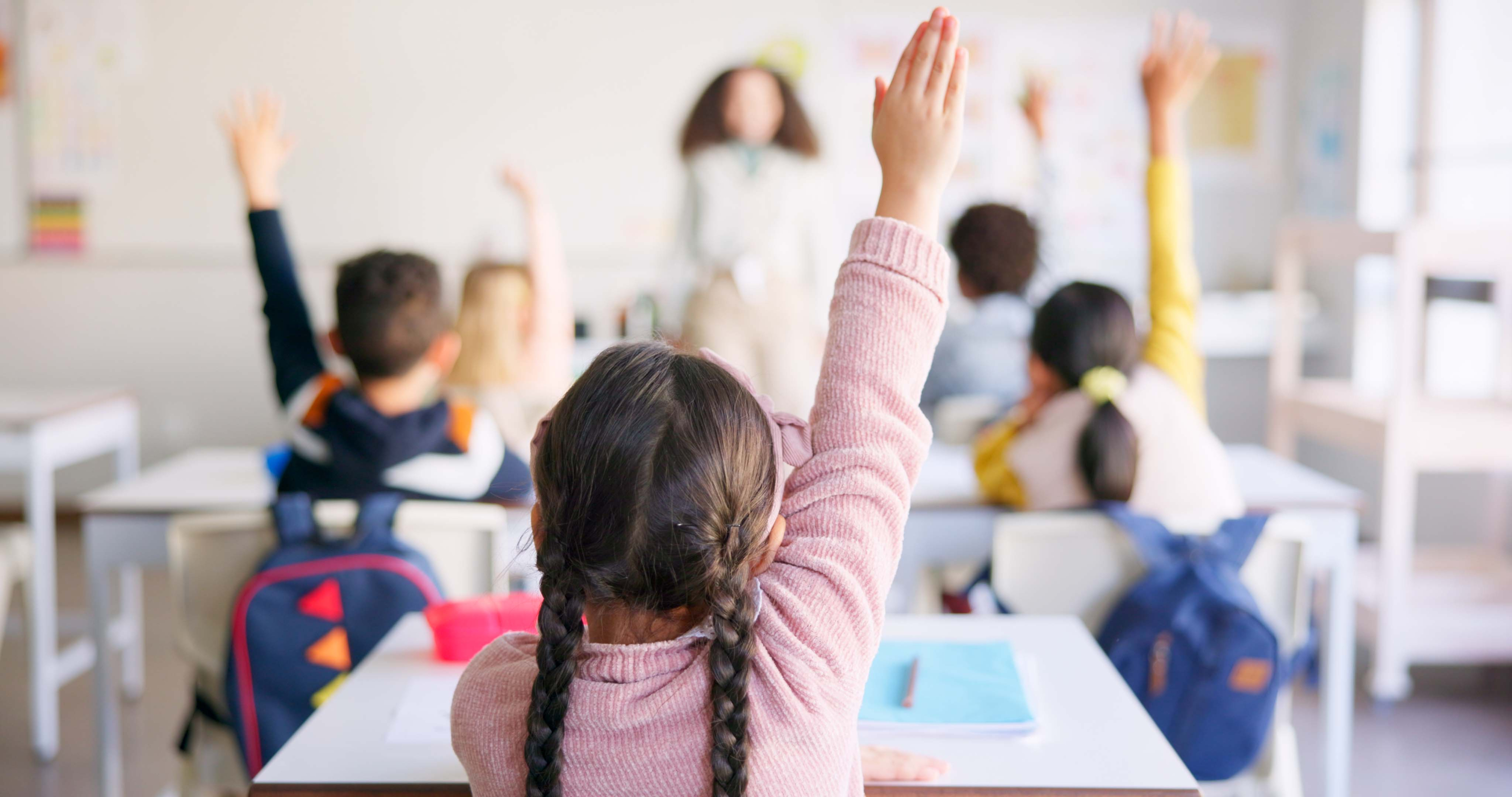Back to school: keys to a positive start to the new school year

In August, hundreds of schools in Colombia will reopen their doors to begin a new academic term after the mid-year break.
This return to school represents a crucial moment for both students and teachers, as it involves not only reactivating school dynamics, but also strengthening motivation, adapting to new learning routines, and rebuilding bonds between classmates and teachers .
However, this process entails significant challenges . Resuming academic demands, readjusting to school schedules and environments, and dealing with the anxiety that can arise from change are factors that require special attention from educational institutions.
Andrea Barragán, Student Welfare Coordinator for the Baccalaureate at The English School, noted that “the first day of school always brings mixed emotions: excitement about seeing friends again, nerves about the unknown, and curiosity about what lies ahead. But it's also an opportunity to intentionally take on the academic, personal, and social challenges of the year.” According to the specialist, the school's role in this process is key to facilitating a transition that combines the pedagogical and emotional components.

The first day of school influences students' motivation and adaptation. Photo: iStock
With the goal of comprehensively supporting this moment, Barragán shared a series of recommendations aimed at improving students' first-day-of-school experience. These suggestions, organized into nine points, seek to promote a positive attitude, foster healthy habits, and strengthen emotional well-being from the start of the school year:
- Foster an open attitude to change: Each new school year offers an opportunity for renewal. It's important to encourage students to meet new people and adapt to changes such as changing teachers or learning environments.
- Promote advance preparation: Having the necessary school supplies and tools ready from the start gives a sense of control. Using calendars and apps can make it easier to stay organized.
- Connect with teachers: Building connections from day one through engagement and dialogue improves the classroom climate and enhances learning.
- Establish healthy habits: Maintaining sleep routines, proper nutrition, and rest periods contribute to mental and physical balance, essential elements for optimal academic performance.
- Normalize asking for help: Turning to friends, teachers, or the Wellness team should be seen as a natural step in the personal development process. Recognizing when you need support and expressing it is a sign of strength.
- Having realistic expectations: Understanding that learning takes time and accepting that mistakes are part of the journey helps maintain motivation and mental health.
- Celebrate the small things: Recognizing progress, no matter how small, strengthens self-esteem and encourages perseverance.
- Cultivate moments of gratitude: Appreciating the positive aspects, even the simplest ones, improves the school environment and strengthens relationships between students and teachers.
- Support from home, without overprotection: Family support, based on listening and trust, is vital for the development of students' autonomy and emotional well-being.
These guidelines not only provide practical guidance for students, but also offer valuable tools for families and teachers to effectively support them at the start of the school year.

Schools must balance the pedagogical with the emotional from the start. Photo: iStock
To complement these strategies, some institutions have developed induction programs specifically designed to facilitate adaptation to the school environment from the first day. In Barragán's words, "beyond starting with academic content, on the first day of school, schools can conduct activities designed to make their students feel supported, safe, and enthusiastic."
At The English School, for example, new students participate in a tour of the facilities beforehand, meet their mentors, and receive support from a sponsor who will guide them through their integration process . Returning students, meanwhile, resume their activities with meaningful opportunities such as reunions with classmates, faculty introductions, and a special assembly led by the seniors, who welcome the younger students.

Family and school support is key to student well-being. Photo: iStock
Ultimately, the start of the academic calendar isn't just about the resumption of classes. It is, in itself, a valuable opportunity to promote confidence, motivation, and a sense of belonging within the school community. When schools manage to balance academic demands with emotional care from day one, they contribute not only to learning, but also to the formation of more empathetic, collaborative, and strong educational communities.
More news in EL TIEMPO *This content was rewritten with the assistance of artificial intelligence, based on information from The English School, and reviewed by a journalist and an editor.
eltiempo





